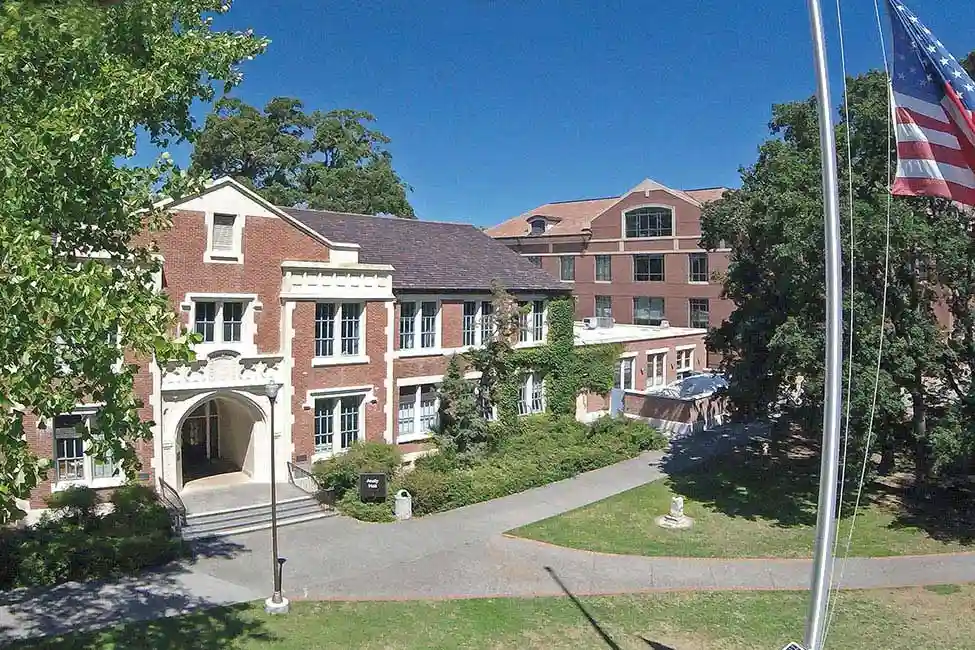Name Calling Is … Not Bad?

Names and Cultural Differences Between Filipinos and Americans
They say the sweetest thing you can call someone is by their given name. That’s probably not the case for Filipinos though. We have so many names for everything. It’s kind of known for us to create pet names for everything with pre-existing pet names. Though it is very sweet to remember someone’s name and even call them by that name, in my culture, a lot of times we think it means you did something wrong and you’re in trouble.
All the names I’ve been called
Personally, I don’t have many names for myself. When I was a wee babe, my father used to call me “Bo,” a pretty odd one for a little girl, right? It gets worse. It’s actually short for bulate which means “worm” in Tagalog. They said I was a very hyper baby, falling off of the bed in the middle of the night and crawling under it, worrying my father the next morning thinking he lost me magically.
As it turns out I am a very “motor-skilled” person. It aged well, me being a tennis player and all that. High school came, and I was known as “Obra,” my last name. I’ve been told it’s a very unique one too, and despite having an unusual name, I learned to love the distinction. Otherwise I’m just known as “Alaine.”

Showing respect with names
We Filipinos use a lot of formalities on a daily basis. You can call someone as if they were your relative based primarily on the age of that person. For instance, the random lady selling at the mini store? We call her ate — it means older sister. Your dad’s old classmate back in the military? You guessed it, we call him tito — which means uncle. If you don’t do that and you call yourself a Filipino, are you really though?
Besides this, we also use “po” and “opo” in our sentences. They’re filler words that you use to show respect to any person. Like asking someone “how are you” would be, “Kamusta ka?” But with all formalities it would be “Kamusta ka po?”
The formalities of names
In school, it has been ingrained in us to be polite especially to people of authority over us. Or just being polite in general. As children we have been taught to refer to teachers as ma’am, sir, and me studying at a nun-run school, sister. And it would always be on a last-name basis. That stuck with me all throughout my school years, and I probably still have that habit to this day.

After becoming an F-1 international student in the United States, I still call my teachers professors. It came as a huge shock to me that they actually prefer to be called by their first names. What sacrilege, I know, right? Even in the emails I wrote to apply for work I would use formalities to address people, until I was told to be less formal.
Names in my family
We all know how family is the one unit where the power hierarchy exists indefinitely. At least in the Philippines. Not only do we have to use the perfect word for that position in the family and the extra filler words for respect, but we also have to do the mano: taking the hand of the person and touching its back to your forehead. This is one tradition a lot of boomers are sad to lose, and I feel the same way. It’s slowly being replaced by beso: small cheek-to-cheek “kiss.”
Names in American families
Now, school I understood, but family too? Apparently in the United States, even family members are naturally called by their first names. “Hey Tina, I’m with Alaine,” my friend announces as we enter their house with a look of horror on my face. So naturally, I whisper in response, “Isn’t she your aunt?” That’s when it hit me that it’s completely the norm.
What names I’m going to use
This is definitely one of the million things that shocked me after living in the United States. And as it turns out, calling people by their given name is normal and sometimes, using formalities is too formal. I think there should be a balance though, sticking to my roots regarding this matter wouldn’t make me too different. Plus, people feel better when they’re respected, so why not?
 |
Alaine Obra from the Philippines is studying for an associate’s degree in computer science at Truckee Meadows Community College in Reno, Nevada. |
Alaine Obra
Get matched to the best program for you
Let us know what you're looking for so we can find the best school for you.
Useful Articles
Check Out These Schools

Santa Rosa Junior College
$10,000 — $15,000 Year


Start your U.S. adventure with Study in the USA

Learn About U.S. education financing, housing, and more
Resources
Learn about American culture and education direct from our experts at Study in the USA. Read more












